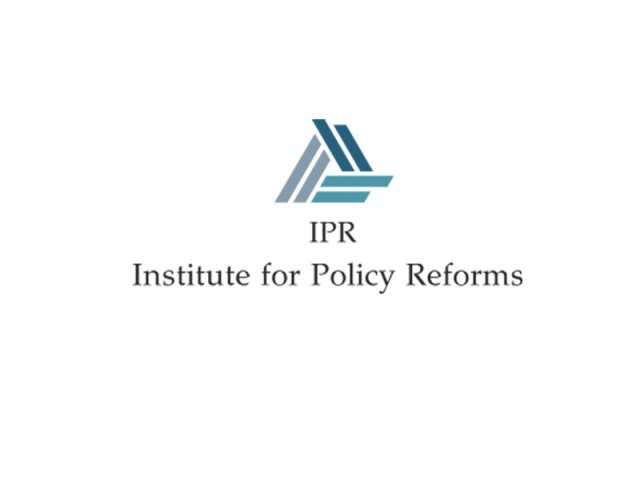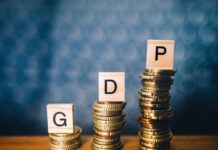
LAHORE: A report released by the Institute for Policy Reforms (IPR) has said Pakistan’s economic growth rate for FY 2017-18 would be close to the projected rate and above last financial year.
A six-month review carried out by IPR revealed budget deficit for FY 2018-19 would cross the government projected figure and the current account deficit will touch record highs, reported Express Tribune.
It highlighted the country was in a ‘debt trap’, where new loans were being used for paying off previous debt.
The report mentioned both the local and external debts had touched record highs and weak foundations could impact the real sector and decrease the growth rate.
It added the more the country avoids addressing the root cause of economic problems, the worse would be its impact.
IPR’s six-monthly report stated repeated growth in government revenue since previous three years had helped to curb the fiscal deficit.
Albeit it mentioned investment had been unable to keep pace with the rise in revenue of Federal Board of Revenue (FBR) which grew 18 percent during July-December 2017 of FY 2017-18.
IPR said GDP growth would remain close to the target set by the government and be more than the previous financial year 2016-17.
The report stated large-scale manufacturing (LSM) had grown by 5.55 percent, which missed the projection by 0.88 percent.
But IPR highlighted an advantageous monetary policy had driven demand of consumer durables. It added important crops projections for growth remained favourable and half-year electricity supply rose by 11.8 percent in comparison to last year.
The report warned the positive economic indicators may not be sustainable in long-term. According to IPR, power generation machinery imports declined by 26 percent, construction machinery imports fell 24 percent and growth-inducing machinery imports fell 3 percent.
And IPR highlighted the poor macroeconomic indicators could be blamed on pro-economic policies for the elite which have contributed to major infrastructure and social deficit.
It stressed due to this reason Pakistan’s economy wasn’t competitive and exports remained reliant on fiscal stimulus.






